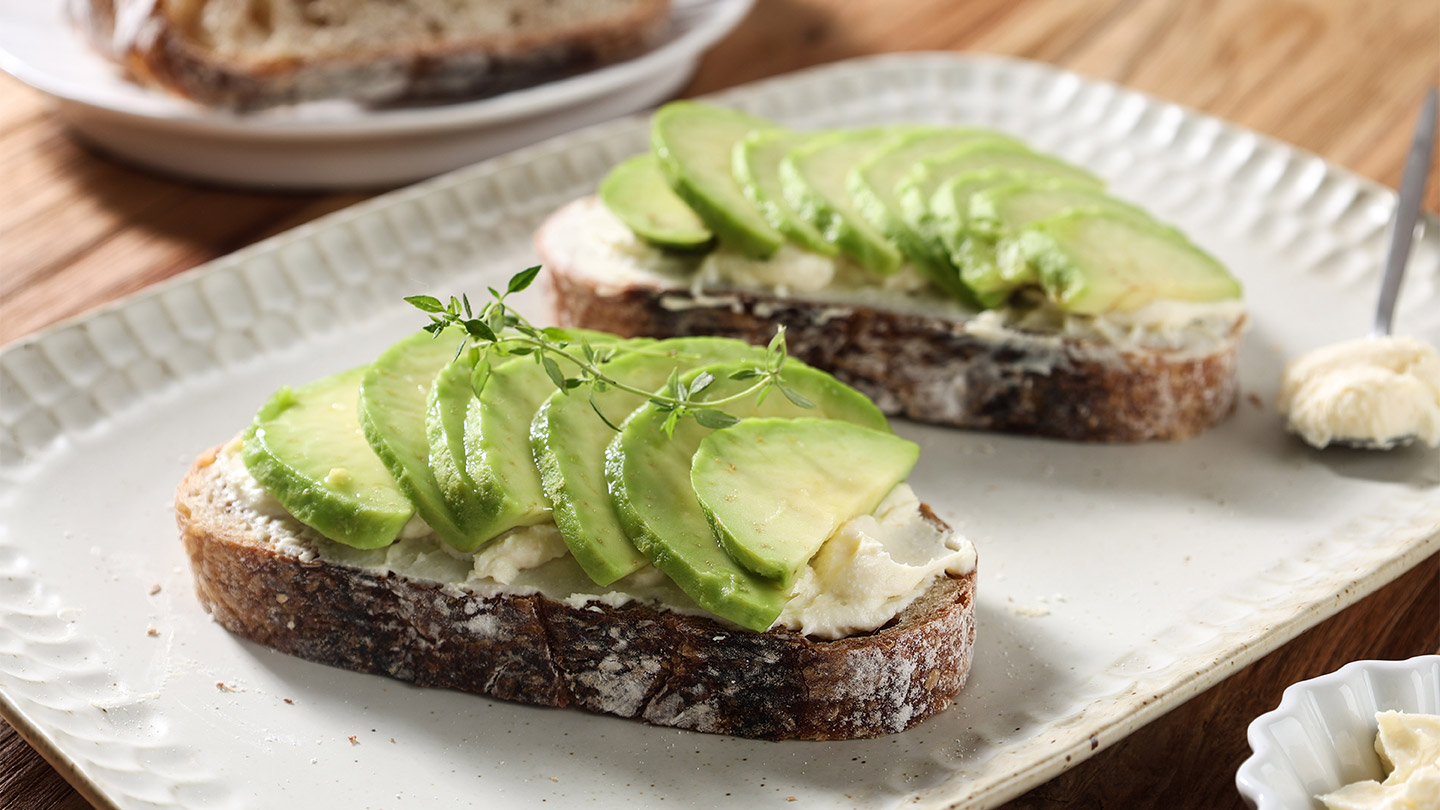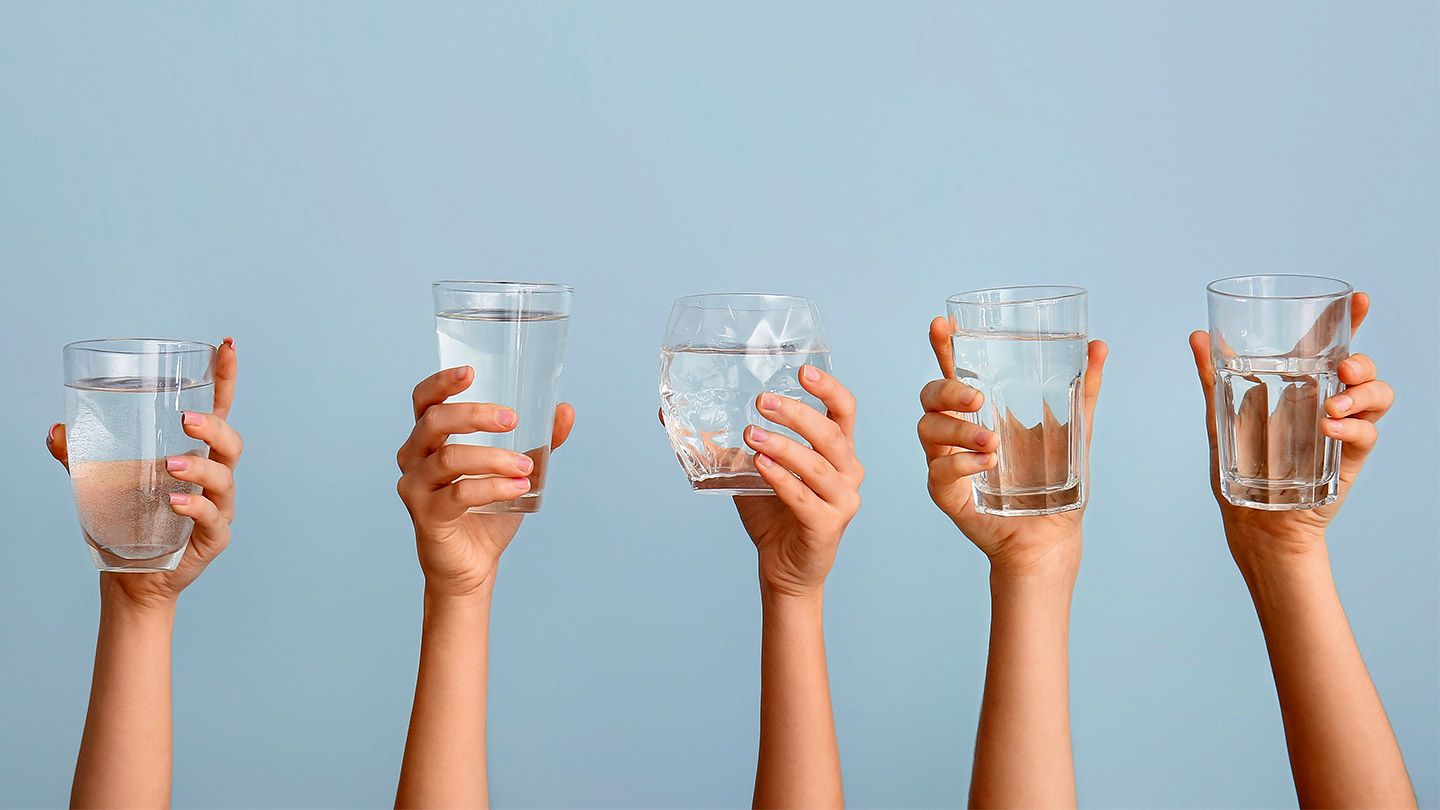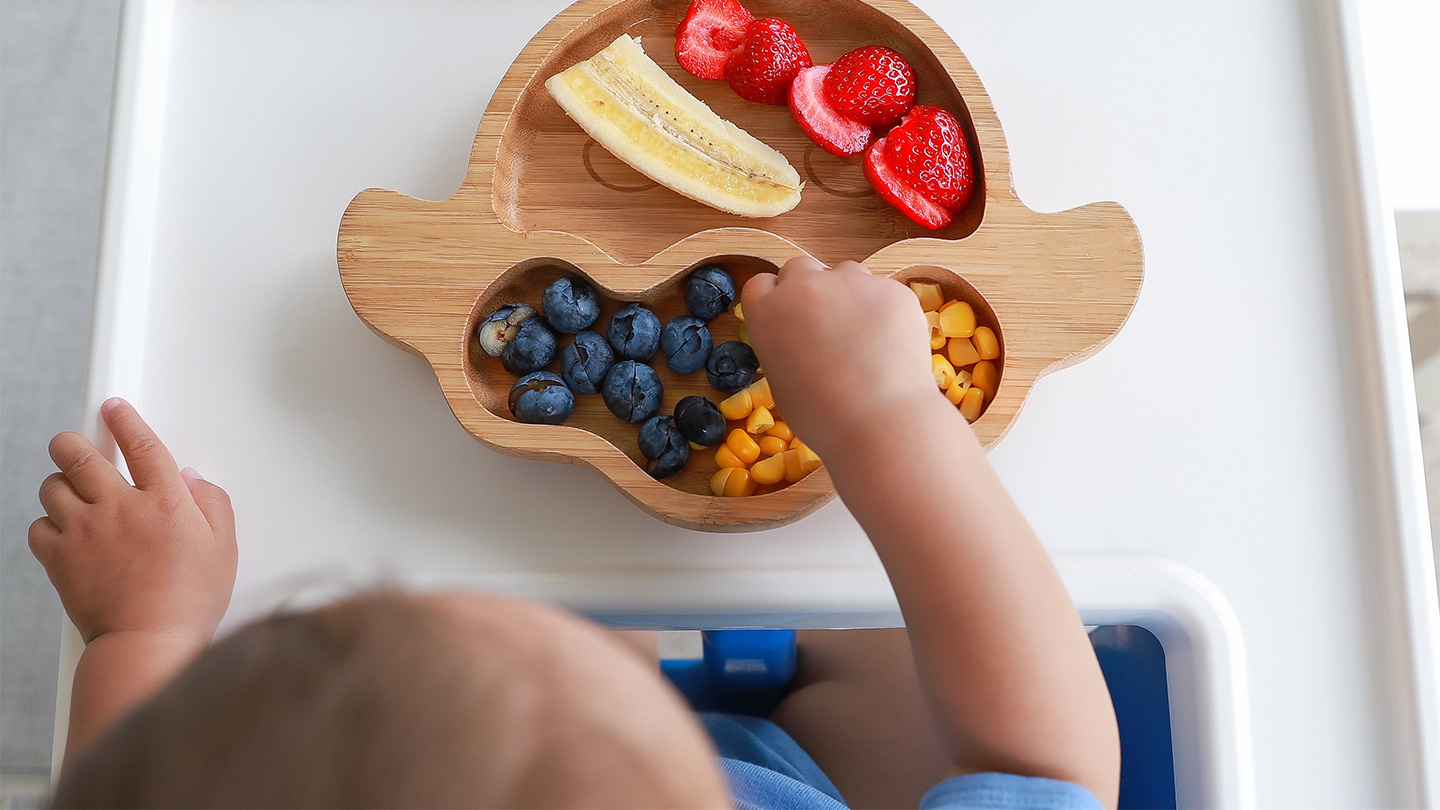Nutrition
10 Foods High In Electrolytes
Stay energised and balanced with these 10 electrolyte-rich foods that naturally support hydration, muscle function, and nerve health.

Whether you're breaking a sweat in the gym, recovering from a stomach bug, or simply trying to beat the heat, your body depends on a delicate balance of minerals called electrolytes. These tiny powerhouses, including sodium, potassium, calcium, magnesium, chloride, and phosphate, play a massive role in how your body functions every single day.
Need all your wellness solutions in one place? A whole new world awaits just a click away.
Why Are Electrolytes Important for the Body?
Electrolytes are charged minerals that help:
- Maintain fluid balance by regulating how much water is inside and outside your cells
- Transmit nerve signals from your brain to the rest of your body
- Contract and relax muscles, including your heart
- Regulate blood pressure and pH (acid–base balance)
- Support energy production and enzyme function
An imbalance: too much or too little can lead to dehydration, fatigue, dizziness, muscle cramps, irregular heartbeat, and even cognitive fog.
The good news? You can support healthy electrolyte levels naturally through food. Here’s a deep dive into the best electrolyte-rich foods to keep your body charged and your energy flowing.
10 Electrolyte-Rich Foods
1. Coconut Water
Electrolytes: Potassium, sodium, magnesium, calcium
Often called nature’s sports drink, coconut water is one of the best natural ways to replenish lost electrolytes. A single cup can contain more potassium than a banana, making it ideal for preventing muscle cramps and supporting heart function. Its mild sweetness and natural hydration make it perfect post-workout or after heat exposure.
2. Bananas
Electrolytes: Potassium, magnesium
Bananas are a go-to snack for athletes for good reason. They offer about 422 mg of potassium per fruit, essential for proper muscle contractions and preventing fatigue. Magnesium also plays a role in nerve function and energy production. Bananas are also high in natural carbs, making them a quick, stomach-friendly source of energy before or after exercise.
3. Leafy Greens (Spinach, Kale, Swiss Chard)
Electrolytes: Magnesium, calcium, potassium
A powerhouse in every bite, leafy greens are incredibly rich in magnesium, a mineral often lacking in modern diets. Just one cup of cooked spinach contains over 150 mg of magnesium, supporting everything from nerve transmission to stress reduction. Swiss chard also delivers high potassium and calcium, making leafy greens one of the most well-rounded choices. Steam, sauté, blend, or toss them raw; they’re one of the easiest ways to stay mineral-rich.
4. Avocados
Electrolytes: Potassium, magnesium
This creamy superfood boasts nearly twice the potassium of a banana, along with magnesium and healthy fats that support brain, heart, and joint health. Potassium from whole foods like avocado helps balance sodium levels and reduce water retention. Add them to smoothies, wraps, or a hearty grain bowl for nutrient-dense balance.
5. Yoghurt and Dairy Products
Electrolytes: Calcium, sodium, potassium
Yoghurt, milk, and cheese are packed with bioavailable calcium, which is vital for bone strength, muscle function, and heart rhythm. Dairy also provides sodium and potassium essential for fluid regulation and preventing cramps. Greek yoghurt gives you added protein to support muscle recovery. For those who are lactose-intolerant, consider calcium-fortified plant-based alternatives.
6. Nuts and Seeds (Pumpkin Seeds, Almonds, Chia Seeds)
Electrolytes: Magnesium, calcium, phosphorus
These nutrient-dense bites are especially rich in magnesium, vital for energy production, nerve function, and blood pressure regulation. Pumpkin seeds, in particular, provide over 150 mg of magnesium in just a small handful. Chia seeds also absorb liquid, helping with hydration and digestion.
7. Watermelon
Electrolytes: Potassium, magnesium
Made of over 90 per cent water, watermelon helps hydrate the body while replenishing potassium and magnesium. It’s also a source of L-citrulline, an amino acid that may support better circulation and reduce fatigue. Make watermelon juice with no added sugar for a quick source of refreshment.
8. Beans and Lentils
Electrolytes: Magnesium, potassium, phosphorus
These plant-based proteins are mineral-dense and provide long-lasting energy. Black beans, lentils, and chickpeas are excellent sources of potassium and magnesium, helping manage muscle repair and nerve function, especially for vegetarians and vegans.
9. Salt (in moderation)
Electrolyte: Sodium
While too much salt can raise blood pressure, the body needs sodium in the right amounts to regulate fluid balance, muscle contractions, and nerve signaling. If you’re sweating heavily or on a low-sodium diet, natural sea salt or Himalayan pink salt can help restore balance.
10. Oranges and Citrus Fruits
Electrolytes: Potassium, calcium
Oranges are juicy, refreshing, and full of potassium. They also contain natural sugars and fluids that help increase the absorption of electrolytes quickly, making them ideal for rapid rehydration.
At UR. Life Cafe, we believe that food should bring people together, and that's why we cater to all diets, including gluten-free and vegan. We make sure that everyone stepping in will find ample healthy options to choose from. If you're looking for a truly world-class dining experience, look no further than UR.life Cafe. At UR.life Cafe, we believe that food is more than just fuel for our bodies - it's a way to connect with others and nourish our souls. That's why we take great care in crafting our menu and creating an atmosphere that is welcoming and comfortable.
EXPLORE MORE
Discover how the right nutrition can support liver healing, reduce inflammation, and improve outcomes in hepatitis.
Want to boost your liver health naturally? The secret lies not just in what you eat but how you pair it.
Feeling groggy when you wake up? A simple glass of water might be the secret to better energy, clearer thinking, glowing skin, and an even happier mood.
Turn mealtimes into playful adventures with these fun ways to help your kids build healthy eating habits.








.jpg)



